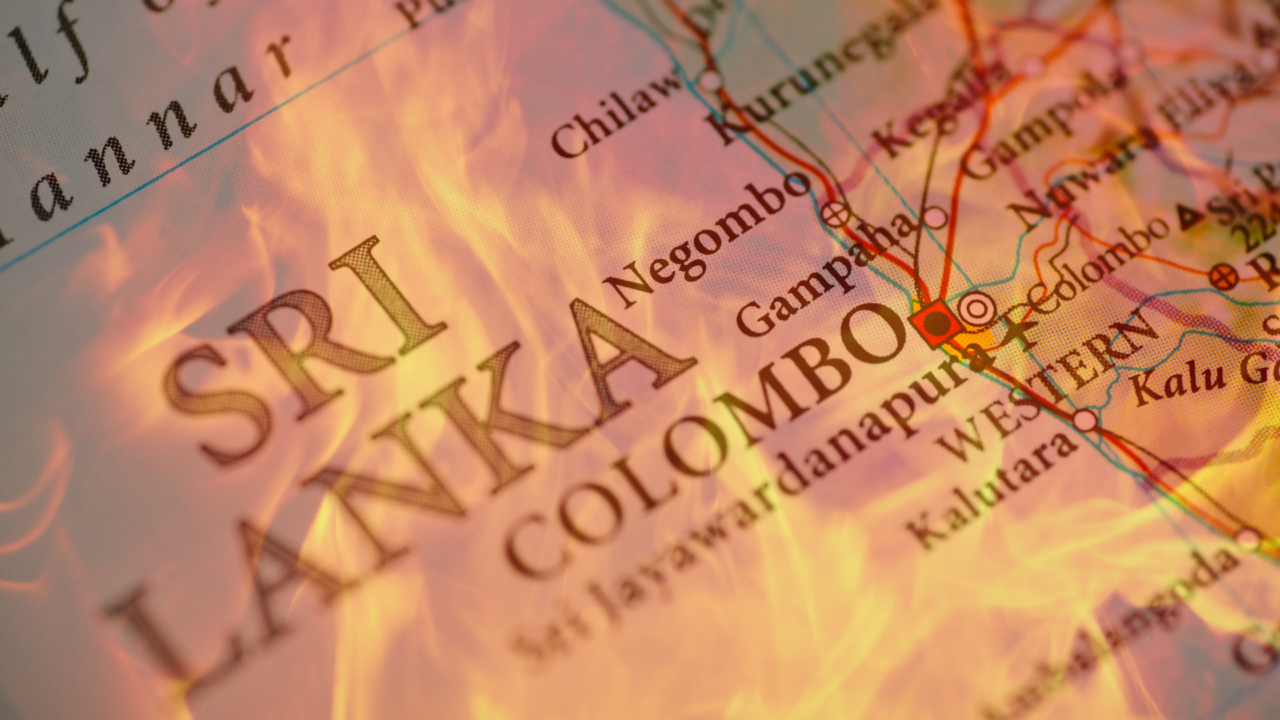Extreme political ideologies can have catastrophic consequences.
In politics, magical thinking is nothing new. Politicians have experimented with policies creatively throughout history. Experiential thinking and shoddy implementation of policies have often cost countries and peoples dear. The latest Sri Lankan crisis proves to be one such case.
The Sri Lankan crisis is a textbook example of how populist policies mixed with extremist ideologies may skew political and economic thinking. The crisis has a long history. However, the important recent causes include the massive tax cuts of 2019 that was meant to shore up public perceptions before elections, a sudden shift to organic farming, and the massive drop in tourist revenues in the pandemic’s aftermath.
The timeless political truth is that extreme populism can take senseless and dangerous turns. That is the greatest lesson for all from the Sri Lankan crisis. While stretching national resources, we must learn from the past.
Chapters of development should not be marred by vulnerable logic. Take for example, the knee jerk Sri Lankan decision to ban fertilizers that led to a sudden drop in agricultural output. As food production fell, a food security crisis stood ready for takeoff. Meanwhile, the heavy dependence on tourist revenues that dried up suddenly is a reminder that economic diversification is key for resilience.
For a government to promote sustainable thinking and practices, the rule of law should be reinforced by checks on rampant executive power. That’s a fundamental key to responsive governance, without which transparency and accountability cannot exist. Extreme populist thinking usually does not seek to balance long-term interests with short-term necessities. Evidence-based policy framing and governance facilitates utilizing natural, legacy, and cultural capital to support sustainable growth. Imbalanced economic and populist thinking expand systemic risks and obfuscation, causing general economic anxiety and volatility. This is evident in the Sri Lankan case. Unsound economic policies and weak risk management frameworks then become routine.
To reduce systemic risk, a coordinated set of policy efforts should strengthen the regulatory framework, encouraging a resilient ecosystem.
To add to all this, an administration built on votes garnered through unequivocally canvassing hatred for minorities, became a heady mixture for mis-governance. Religious and ethnic intolerance became the formula for winning elections.
But intolerance of any nature, has a way of boomeranging on its proponents. You cannot perpetually feed your citizens and your voters on intolerance. A populace cannot live on hateful slogans, and catchwords. They need food, water, clothing, housing, transportation, education etc.
Carefully crafted hate and intolerance are bound to come back and knock you out. That is what is happening in burning Lanka. It is history repeating itself, in a very new manifestation of how finally evil will destroy itself.
